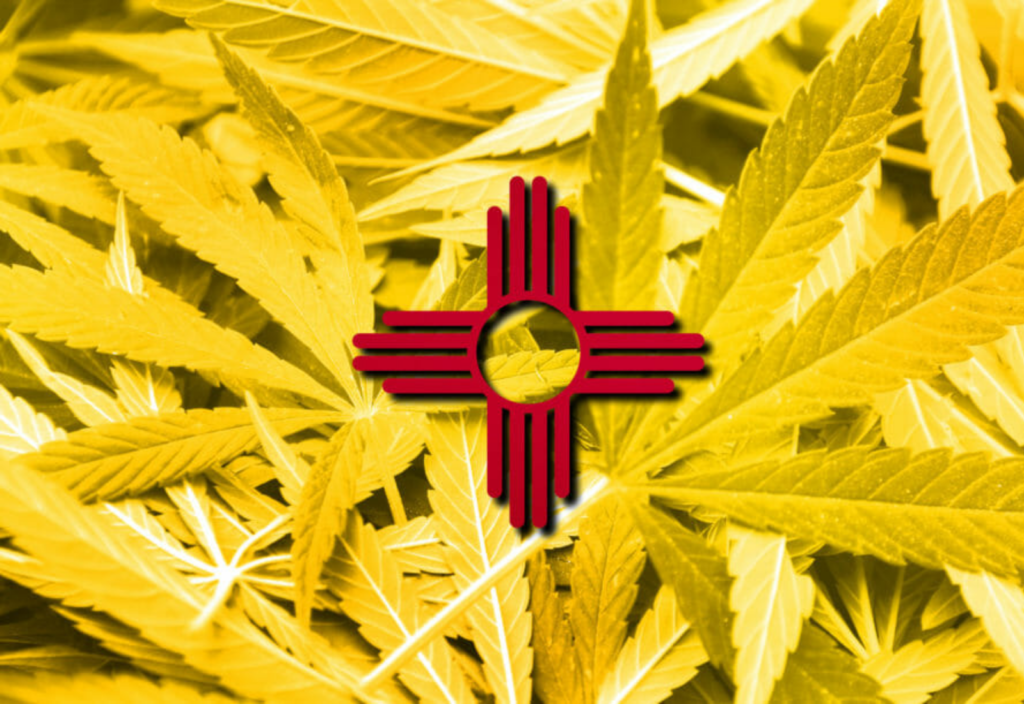The Agriculture Improvement Act of 2018 (2018 Farm Bill) legalized hemp by removing the crop and its derivatives from the definition of marijuana under the Controlled Substances Act (CSA) and by providing a detailed framework for the cultivation of hemp. The 2018 Farm Bill gives the US Department of Agriculture (USDA) regulatory authority over hemp cultivation at the federal level. In turn, states have the option to maintain primary regulatory authority over the crop cultivated within their borders by submitting a plan to the USDA.
This federal and state interplay has resulted in many legislative and regulatory changes at the state level. Indeed, most states have introduced (and adopted) bills that would authorize the commercial production of hemp within their borders. A smaller but growing number of states also regulate the sale of products derived from hemp.
In light of the rapidly evolving legislative changes, we are also presenting a 50-state series analyzing how each jurisdiction treats hemp-derived cannabidiol (Hemp CBD). Today we turn to New Mexico.
In 2017, New Mexico enacted Senate Bill 6, which established an industrial hemp program. The bill tasked the New Mexico Department of Agriculture (“NMDA”) with overseeing the production of the crop.
Two years later, state lawmakers passed House Bill 581, codified, in part, at N.M.S.A. § 76-24, which provides a regulatory framework for the manufacture of Hemp CBD products, also known as “hemp finished products.” A “hemp finished product” is “a hemp product that is intended for retail sale and containing hemp or hemp extracts that includes food, food additives and herbs for human use, including consumption, that has a THC content of not more than three-tenths percent.” Unlike industrial hemp, hemp finished products are regulated by the New Mexico Environment Department (“NMED”).
Following the enactment of House Bill 581, the NMED began the rulemaking process and issued the first set of proposed rules (“Emergency Rules”), which are scheduled to remain in effect through January 31, 2020. On December 2, 2019, the agency held a meeting for public comments to discuss the proposed final rules, but these rules won’t be adopted for at least a few more weeks – at least not until the Emergency Rules expire.
Both the Emergency Rules and proposed final rules require state extractors, processors, manufacturers and wholesalers to secure a permit from the NMED and meet certain manufacturing requirements to operate a hemp facility where hemp finished products intended “for human ingestion, absorption, or smokable products” are produced.
Note, however, that the proposed final rules intend to remove “food, food additives and herbs” from the definition of hemp finished product.” This suggests that the NMED wants to align its rules with the Food and Drug Administration’s policy on the sale and marketing of these products.
But for the time being, the manufacture, sale and marketing of food products seems allowed. Pursuant to House Bill 581 and the Emergency Rules, products intended for human consumption by eating or drinking are subject to the provisions of the Food Service Sanitation Act and the New Mexico Food Act (“NMFA”) but are not deemed adulterated. These products must also meet applicable labeling requirement in the NMFA and 21 C.F.R. 101 et seq. (food labeling).
The sale and marketing of smokables and cosmetics is not expressly authorized nor restricted but the Emergency Rules and proposed final rules mandate that these products meet applicable federal labeling requirements.
In addition to meeting federal labeling requirements, all categories of products must meet certain labeling and marketing requirements, including but not limited to:
- Clearly identity on the front display panel:
- CBD content in the package, labeled in milligram; and
- Total THC content in the package, labeled in milligrams.
- Unless otherwise approved, statements representing or inferring a hemp finished product contains no THC are prohibited.
- Hemp facilities shall design, maintain and use a coding system that will identify the date and place of manufacture of each hemp product that shall be clearly visible on the product label or securely affixed to the body of the container.
- No more than 0.3% Total THC concentration and meet other specific testing requirements.
- Contain no health, medical or benefit claims on the label.
Therefore, for the time being, New Mexico seems rather friendly toward the manufacture, sale and marketing of Hemp-CBD products. This could always change once the proposed final rules go into effect.
For previous coverage in this series, check out the links below:
- Alabama
- Alaska
- Arizona
- Arkansas
- California
- Colorado
- Connecticut
- Delaware
- Florida
- Georgia
- Hawaii
- Idaho
- Illinois
- Indiana
- Iowa
- Kansas
- Kentucky
- Louisiana
- Maine
- Maryland
- Massachusetts
- Michigan
- Minnesota
- Mississippi
- Missouri
- Montana
- Nebraska
- Nevada
- New Hampshire
- New Jersey
Need Help With Cannabis Law in Mexico?
























